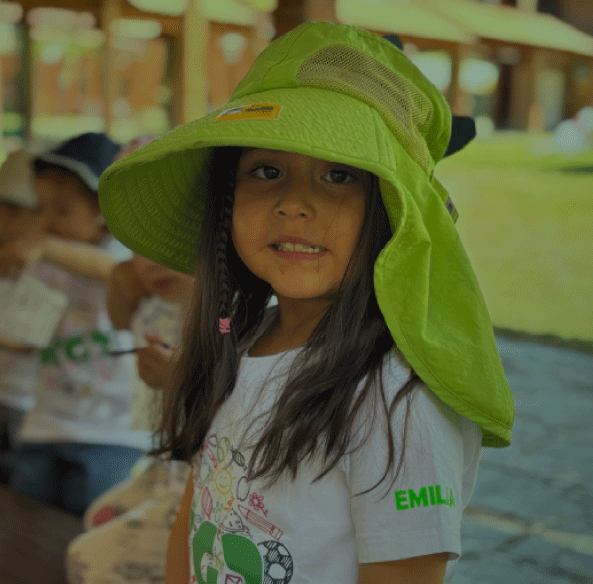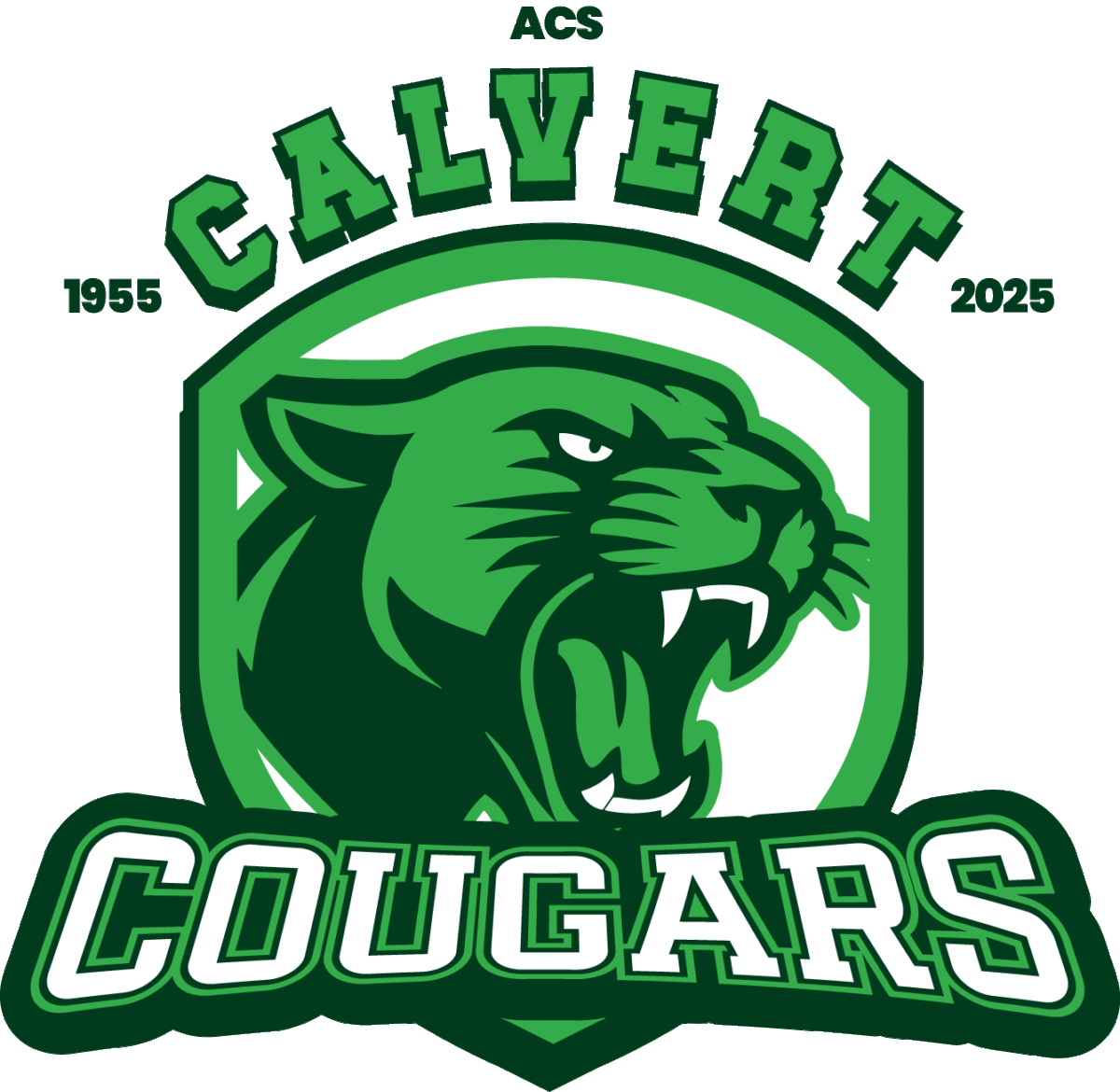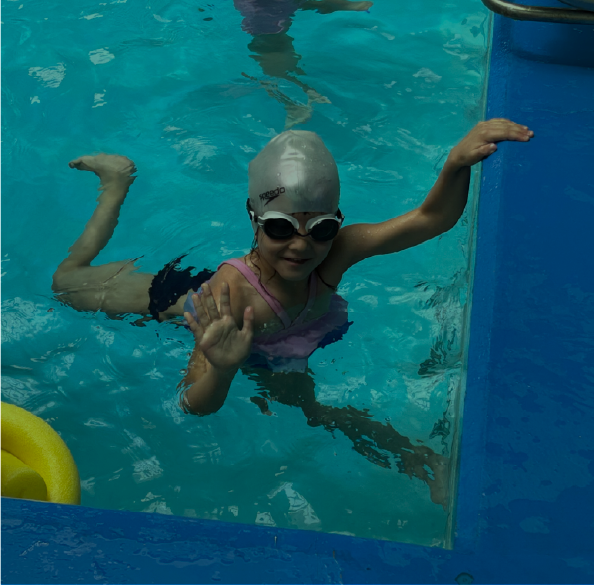Elementary
ACS Calvert offers U.S. based education in La Paz, fostering excellence and global citizenship

Elementary Counseling
Supporting Every Child’s Social and Emotional Growth
At ACS, our elementary counseling program helps students thrive both in and out of the classroom. Led by Ana María Urquidi, our trained counselor supports student development through learning strategies, emotional well-being, behavior skills, and positive relationships.
What We Do
We implement a comprehensive school counseling program designed to support students throughout their developmental journey. Our approach includes:
Social-Emotional Learning (SEL)
Delivered through the Second Step Program, SEL helps students build empathy, manage emotions, and develop healthy habits.
Character Education
We foster core values like respect, responsibility, and kindness, creating a strong and positive school culture.
Integrated Support
Through education, prevention, and early intervention, our counseling services are part of every child’s learning experience.
Our Goal is to empower students with the emotional tools and confidence they need for lifelong success.

Did You Know?
- Talking to your child about emotions boosts their academic performance by up to 85%.
- Research shows that people with strong emotional intelligence are more likely to succeed than those with high IQs.
Fun Fact
Social and emotional learning
Trish Shaffer is the Coordinator for Multi-Tiered Systems of Support (MTSS) for the Washoe County School District (WCSD). In this talk, she discusses the practice and value of social and emotional learning.
Useful Resources
Articles
- 15 Everyday Ways to Help Kids Believe in Themselves – When young people believe in themselves, you can hear self-belief in the words they speak and see it through their body language. Nonverbal cues like a “thumbs up” means “I’ve got this covered. I can handle this.” This sense of confidence and motivation is what we hope all children will feel deep within themselves. Read more.
- Social and Emotional Learning: Strategies for Parents – Whether it’s called “social and emotional learning” or “emotional intelligence,” most people understand it’s critical to pay attention to the development of the whole young person, including character education. Check out this guide to resources for learning more about character development. Read More.
- 11 Books to Help Kids Learn to Take On Challenges – Many kids with learning and attention issues may have times when they feel like they’re “not good at anything.” Their challenges can lower their self-esteem and make school a stressful place. But extracurricular activities are a great way for kids to focus on their strengths and passions instead. Read More.
Websites & Links
- PBS Parents – While there are many styles of parenting, almost all parents have the same basic hopes for their children. We want them to be kind, confident and brave.
- ASQ:SE-2 Parent Activities – Share these fun and effective activities with parents to help them promote their child’s social-emotional skills.
- Parent tip sheet – 17 practical ways parents can support the social-emotional development of their young children.
Want to Learn More?
Visit our Elementary Counseling site for more information and resources, or contact us directly to connect with our team.
Learning Services
Supporting Diverse Learners at ACS
At ACS, we are committed to an inclusive learning environment where every student has access to the full curriculum.
Our Learning Services department includes:
- English Language Learners (ELL) Department.
- Learning Support Department.
- Counseling Department.
Together, we support the academic, social, and emotional development of all students.
Our purpose
We create a learning environment that promotes language and cultural integration while honoring each student’s individual heritage and identity.
Department Goals
- Provide ELL strategies and sheltered instruction techniques for teachers and parents.
- Support students in improving at least one level of language proficiency per year.
- Encourage students to identify opportunities for success and develop self-advocacy skills.
- Assist teachers in IEP implementation and student identification.
- Collaborate with families, teachers, and leadership to monitor progress and adapt action plans.
- Enrich professional skills through ongoing development.
- Respond flexibly to the evolving needs of special education populations.
- Guide students in setting short-term learning goals and taking responsibility for their progress.
- Measure growth through clear, data-based outcomes.
- Support both academic and emotional development for long-term success.
Useful Resources
Articles
- The Bilingual Brain by the Society for Neuroscience: https://bit.ly/2w6aCTX
- Who are ELL Students? by US State Department: https://bit.ly/2P8oPZf
- Enseñanza para los ELL: ¿Qué nos dicen las investigaciones? by Sarah Sparks from Education Week https://bit.ly/2w7QqBr
Websites & Links
- Colorin Colorado. A bilingual site for educator and families of English Language Learners. http://www.colorincolorado.org/
- Starfall. An educational alternative for teaching children to read with phonics. http://www.starfall.com/
- Literacy Center Education Network. This site offers playful learning activities for preschool-age children. http://www.literacycenter.net/
- FredisaLearns. This is a multi-level English language program for children between the ages of 4 to 12. https://www.fredisalearns.com/
- VOA- Voice of America English News. A great site designed for learning English through the news. https://learningenglish.voanews.com/
- Randall’s ESL Cyber Listening Lab. A site specially designed for improving your listening skills. http://esl-lab.com/
Want more details?
Explore the Learning Services Handbook.
Elementary Course Descriptions
Student-Parent Handbook

Elementary
Extracurricular Activities
AN EXPERT IN ANYTHING WAS ONCE A BEGINNER
– Helen Hayes
For more information please visit our site

